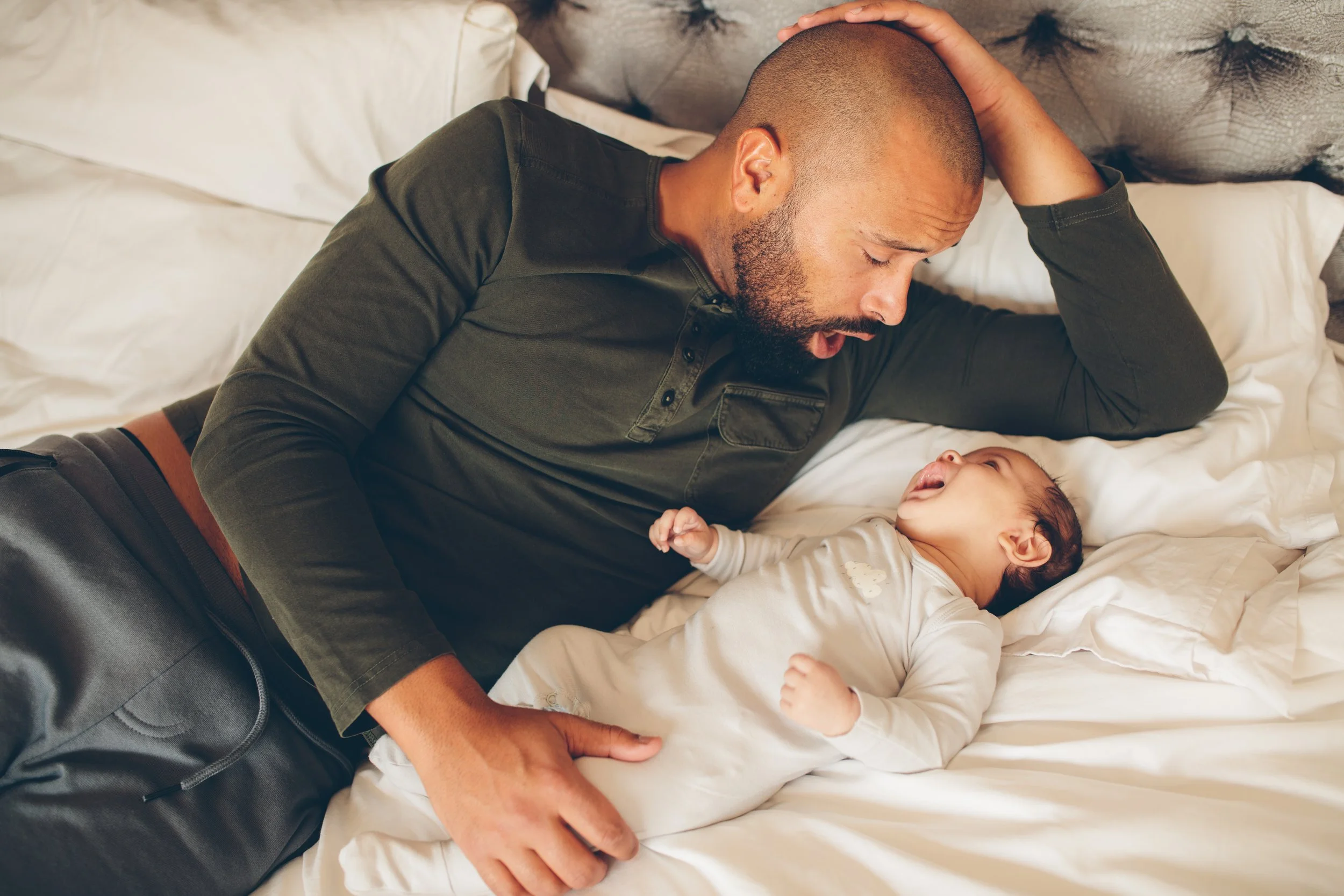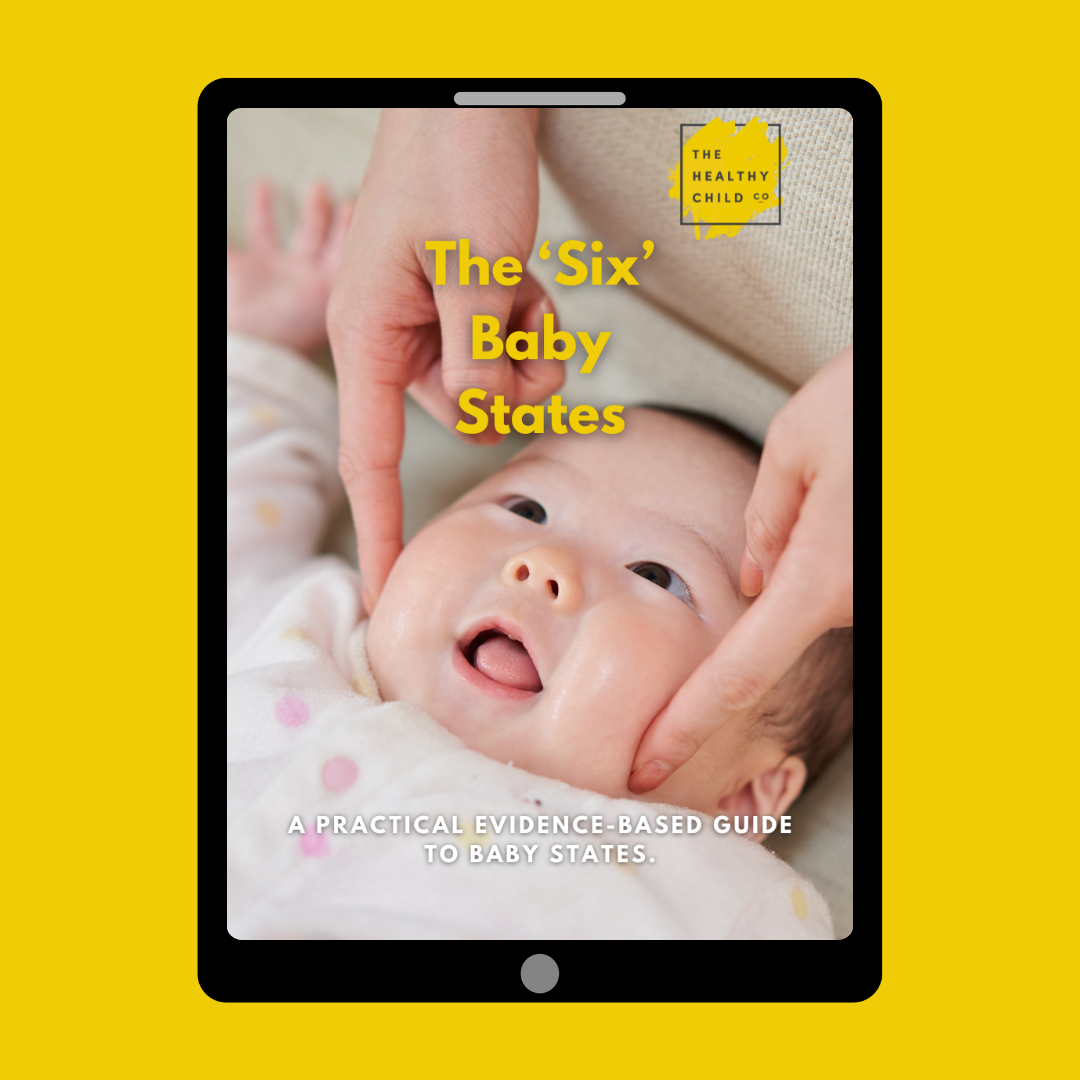Responsive Parenting for Babies — Build Connection from Day One
Parenting doesn’t come with a manual — but this is the next best thing.
Our Responsive Parenting for Babies Online Course helps you tune into your baby’s unique cues, cries, and body language, so you can meet their needs with confidence, build deep connection, and lay the foundation for lifelong secure attachment.
Designed by child health experts, this course gives you practical, evidence-based tools to understand your baby’s behaviour — so you can respond with calm, confidence, and love.
Price: £20
Join thousands of parents transforming family life with responsive parenting — enrol today and give your child the lifelong gift of emotional security.
What You Get:
Lifetime access to expert video lessons, available anytime
Printable guides to baby cues and communication signals
Real-life examples to help you feel confident in responding to your baby
Gentle, responsive techniques rooted in the latest child development research
A calmer, more connected parenting experience — starting today
Designed by health and child development experts, this course simplifies the science behind your child’s behaviour.
Here’s what you’ll learn:
✔️ How your child’s brain develops and why their behaviour is communication, not defiance
✔️ The secrets of emotional regulation – for both you and your child
✔️ Practical scripts and strategies to handle meltdowns, big feelings, and tricky moments
✔️ How to set boundaries with love, without power struggles or punishments
✔️ Ways to build your child’s confidence, resilience, and secure attachment

This course is for you if…
You want to feel more confident understanding your baby’s needs
You believe in building secure attachment from birth
You want to respond to your baby with empathy, even when you’re tired or overwhelmed
You’re ready to build connection and confidence as a new parent
FREE GUIDE
Understanding the six wakeful states of a baby is crucial for caregivers as it helps them respond effectively to the baby's needs and foster healthy development. Recognising these states empowers caregivers to provide appropriate care and support, promoting the baby's well-being and fostering a secure attachment relationship.



